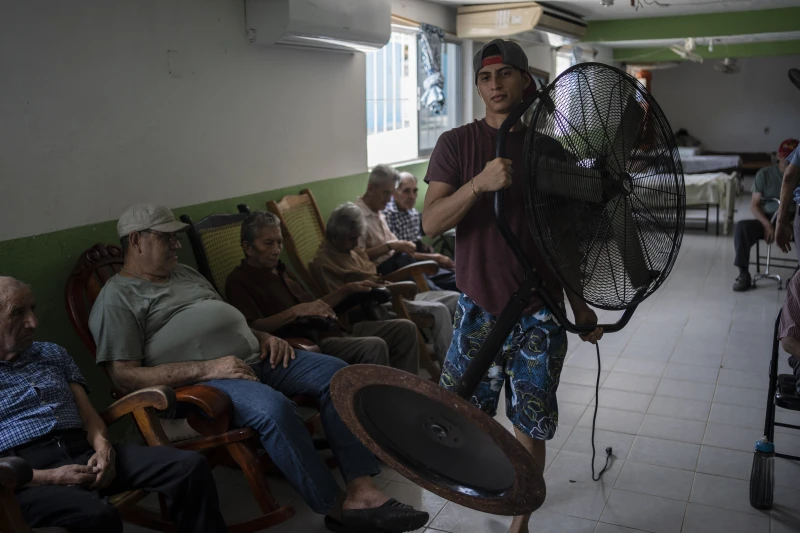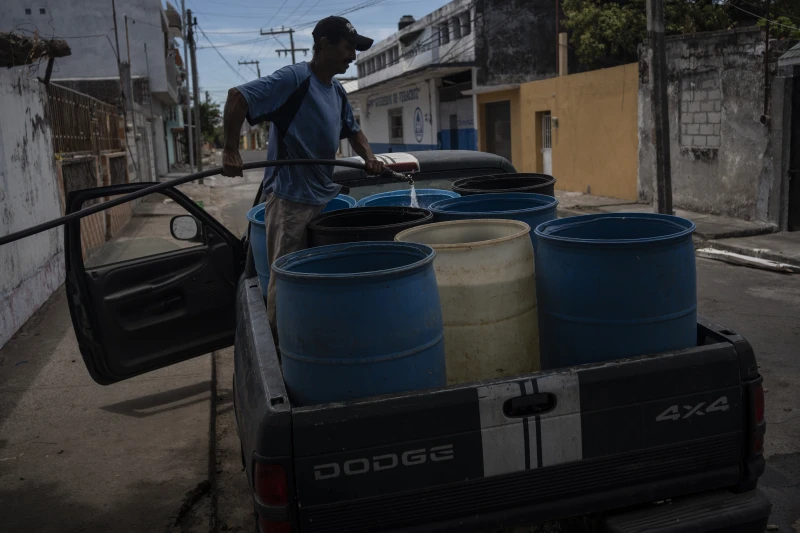Human-caused climate change has significantly increased the likelihood and severity of the recent deadly heatwave in the Southwestern United States, Mexico, and Central America, according to a new rapid study.
Daytime temperatures, which caused heat stroke cases in parts of the United States, were found to be 35 times more likely and 2.5 degrees Fahrenheit (1.4 degrees Celsius) hotter due to the warming caused by the burning of fossil fuels such as coal, oil, and natural gas. The study was conducted by World Weather Attribution, a group of scientists who analyze climate impacts quickly, though not through peer review.
Residents have described the conditions as unbearable. Magarita Salazar Pérez, 82, from Veracruz, Mexico, said, “It’s an oven here; you can’t stay here,” in her home without air conditioning. Recently, the Sonoran Desert reached 125 degrees Fahrenheit (51.9 degrees Celsius), the hottest day ever recorded in Mexico, noted Shel Winkley, a meteorologist from Climate Central and co-author of the study.

Humanitarian worker carries a fan into the Cogra (Via Remmy Washington/Getty Images)
The nighttime temperatures during the heatwave were even more extreme, contributing to its lethality. Climate scientist Friederike Otto from Imperial College London, who coordinates the attribution study team, explained that climate change has made nighttime temperatures 2.9 degrees Fahrenheit (1.6 degrees Celsius) warmer and made unusual evening heat events 200 times more likely.
“People haven’t experienced cool nights,” Salazar Pérez added, noting the importance of cooler nighttime temperatures in surviving a heatwave, as emphasized by medical experts.
According to the World Weather Attribution team, at least 125 deaths have been reported so far due to the heatwave.
“This heightened intensity of risks is clearly linked to climate change,” said Karina Izquierdo, a study co-author and urban advisor based in Mexico City for the Red Cross and Red Crescent Climate Centre.

























